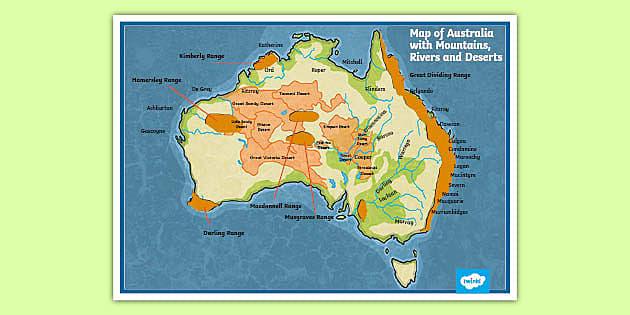In a significant shift in diplomatic relations, Australia has officially recognized Palestine, marking a pivotal moment ahead of the upcoming United Nations General Assembly (UNGA) session. This development is poised to influence international debates surrounding the Israeli-Palestinian conflict and reshape alliances within the global community. As world leaders prepare to convene in New York, the question now turns to how Australia’s decision will impact negotiations, regional dynamics, and the broader quest for peace in the Middle East.
Australia’s Diplomatic Shift Signals New Momentum for Palestinian Recognition
Australia’s recent decision to officially recognize Palestine marks a significant recalibration in its foreign policy, aligning Canberra with a growing number of nations emphasizing support for Palestinian statehood. This move not only amplifies Australia’s diplomatic presence in the Middle East peace discourse but also adds fresh impetus ahead of the upcoming United Nations General Assembly sessions. Analysts suggest that this shift may encourage other Western countries to reconsider their positions, potentially fostering a broader coalition advocating for renewed dialogue and concrete resolutions on Palestinian sovereignty.
Key implications of Australia’s recognition include:
- Enhanced bilateral relations with Palestinian authorities, opening avenues for economic, cultural, and humanitarian cooperation.
- Influence within international forums, reinforcing calls for equitable peace negotiations addressing longstanding conflicts.
- Signal to allies and regional partners about Australia’s evolving stance towards Middle East diplomacy.
| Country | Recognition Status | Year of Recognition | ||||||||||||||||||||||
|---|---|---|---|---|---|---|---|---|---|---|---|---|---|---|---|---|---|---|---|---|---|---|---|---|
| Australia | Recognized | 2024 | ||||||||||||||||||||||
| Morocco | Recognized | 1988 | ||||||||||||||||||||||
| United States | Not Recognized | N/A | ||||||||||||||||||||||
| Implications for Regional Stability and Australia’s Foreign Policy Priorities
Australia’s move to officially recognize Palestine signals a recalibration of its diplomatic approach in the Middle East, a region long fraught with geopolitical complexities. This recognition could act as a catalyst for reshaping Australia’s engagement strategies-not only with Palestine and Israel but also with broader regional actors. As the UN General Assembly session approaches, Canberra will likely face both opportunities and challenges in balancing its commitment to supporting a two-state solution with its longstanding alliances, particularly with the United States. Key implications include:
Strategies for Navigating UNGA Debates and Advancing Peaceful ResolutionsEngagement in UN General Assembly (UNGA) debates demands a carefully crafted approach, especially as member states push for peaceful solutions amid complex geopolitical landscapes. Diplomats and representatives must emphasize active listening and coalition-building, fostering inclusive dialogue among diverse blocs. Prioritizing transparency and mutual respect during discussions lays the groundwork for consensus, while leveraging procedural tools such as caucusing and informal consultations can help diffuse tensions. Furthermore, timing interventions strategically-balancing assertiveness with diplomacy-enables nations to shape narratives without alienating potential allies. Advancing resolutions focused on peace requires clarity and precision in drafting documents, ensuring they reflect the collective interests of involved parties while avoiding language that could exacerbate conflicts. Successful delegates often rely on these key tactics:
Concluding RemarksAs Australia’s recognition of Palestine marks a significant shift in diplomatic alignments ahead of the upcoming United Nations General Assembly, global attention now turns to how this development will influence international debates on the Israeli-Palestinian conflict. With key players recalibrating their positions, the world awaits the potential ripple effects on peace initiatives and geopolitical strategies. Morocco World News will continue to monitor these evolving dynamics as the UNGA convenes, providing updates on the implications for regional stability and the broader quest for a lasting resolution. |




